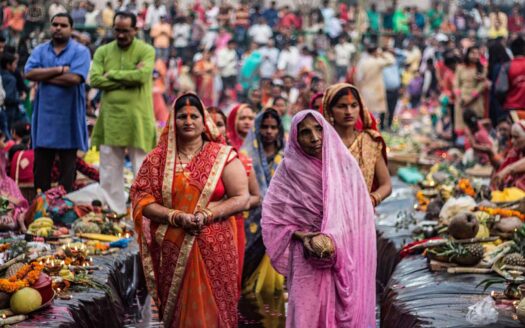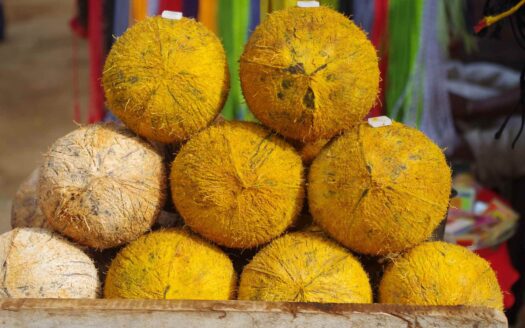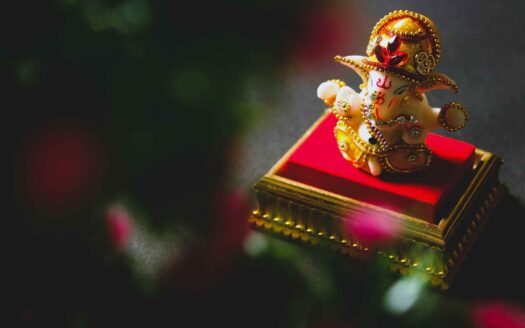Celebrating Diversity: Restoring Traditional Festivals in India
India is a land of rich cultural heritage and diverse traditions, with a tapestry of festivals that reflect the country’s vibrant spirit. These festivals have been celebrated for centuries, bringing people together and fostering a sense of unity among the diverse communities that coexist in this vast nation.
However, with the advent of globalization and changing lifestyles, some of these traditional festivals have faced challenges and are at risk of fading away. In this blog, we will explore the importance of restoring and reviving traditional festivals in India, and how they play a significant role in celebrating diversity, preserving cultural identities, and strengthening social bonds.
Understanding the Significance of Festivals
Festivals in India are more than just occasions for merriment and joy; they hold deep cultural and religious significance. Each festival has its unique rituals, customs, and traditions associated with it, reflecting the values, beliefs, and heritage of a particular region or community.
From Diwali, the festival of lights, to Holi, the festival of colors, and Navratri, the celebration of feminine power, these festivals serve as reminders of our roots and connect us to our shared history. By restoring and preserving these festivals, we ensure that future generations have the opportunity to understand and experience the rich tapestry of Indian traditions.
Fostering Unity in Diversity
India is a melting pot of diverse cultures, languages, and religions. Traditional festivals provide a platform for people from different backgrounds to come together, celebrate, and appreciate each other’s customs. They break down barriers and foster a sense of unity, as people join hands to partake in the festivities.
For instance, during Eid, people of all faiths exchange greetings and sweets, fostering communal harmony and strengthening the bonds of friendship. By restoring traditional festivals, we create opportunities for dialogue, understanding, and respect among different communities, enriching our collective cultural fabric.
Preserving Cultural Identities
Traditional festivals are an integral part of a community’s cultural identity. They serve as a thread that connects generations, preserving age-old traditions, art forms, and folklore. For example, the Baisakhi festival in Punjab celebrates the harvest season and is marked by lively dance forms like Bhangra and Giddha.
By reviving and promoting such festivals, we safeguard the unique cultural identities of various regions and communities, ensuring that they are not lost in the face of modernization. Moreover, these festivals provide a platform for artists, craftsmen, and performers to showcase their skills, passing down traditional knowledge and craftsmanship to future generations.
Reviving Forgotten Festivals
While some festivals like Diwali and Holi continue to be widely celebrated, there are lesser-known festivals that have faded into obscurity. Reviving these forgotten festivals is crucial for the preservation of India’s diverse heritage.
For instance, Makar Sankranti, a festival that marks the transition of the sun into the zodiac sign of Capricorn, is celebrated with kite-flying in some parts of India.
By highlighting and reviving such festivals, we create opportunities for people to explore and embrace the lesser-known aspects of their own culture and appreciate the unique festivals celebrated by different communities across the country.
Nurturing Tourism and Economic Growth
Restoring traditional festivals not only serves cultural and social purposes but also has significant economic benefits. Festivals attract tourists from around the world, promoting cultural tourism and providing a boost to local economies.
The tourism industry associated with festivals generates employment opportunities, supports local artisans, and encourages the preservation of traditional arts and crafts.
By leveraging the potential of traditional festivals, India can showcase its cultural diversity to the world, attracting visitors who seek authentic experiences and contributing to the country’s overall economic growth.
Conclusion
Celebrating diversity through the restoration of traditional festivals is a vital step in preserving India’s cultural heritage and fostering social cohesion. These festivals not only connect us to our roots but also provide a platform for intercultural dialogue, promote communal harmony, and contribute to economic development.
By embracing and reviving traditional festivals, we ensure that the tapestry of Indian traditions remains vibrant and alive, passing down the richness of our cultural heritage to future generations. Let us come together, celebrate our diversity, and preserve the festivals that define us as a nation.




